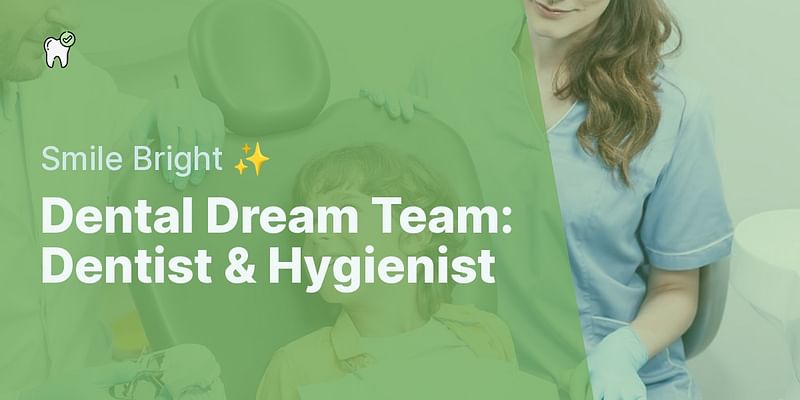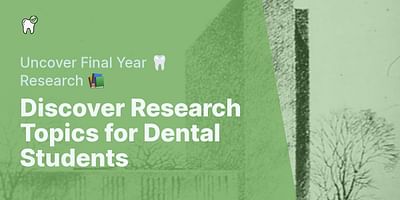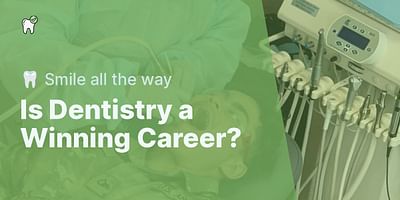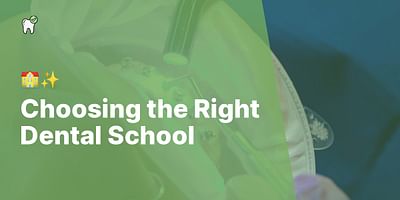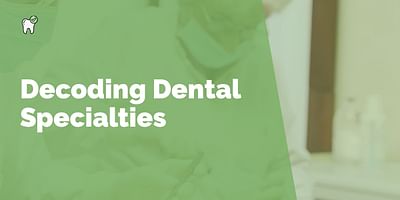Dr. Emily Nguyen is a pediatric dentist who loves working with children. She believes that a positive dental experience can set a child up for a lifetime of good oral health. In her free time, she enjoys baking and playing board games with her family.
Answer:
Absolutely! Both a dentist and a dental hygienist play crucial roles in maintaining your oral health. While they have different responsibilities, their combined efforts ensure that you receive comprehensive dental care.
Let's start with the dentist. Dentists are highly trained professionals who diagnose and treat oral health issues. They have completed dental school and obtained a Doctor of Dental Surgery (DDS) or Doctor of Dental Medicine (DMD) degree. Dentists are responsible for performing dental procedures such as fillings, extractions, root canals, and crowns. They also provide preventive care, including regular check-ups, oral cancer screenings, and X-rays.
On the other hand, dental hygienists work closely with dentists to provide preventive dental care. They typically have an associate degree in dental hygiene and are licensed professionals. Dental hygienists focus on cleaning and maintaining your teeth and gums. During a dental hygiene appointment, they will perform a thorough cleaning, remove plaque and tartar, polish your teeth, and provide oral hygiene instructions tailored to your needs. They may also take dental X-rays and apply fluoride treatments.
The roles of dentists and dental hygienists complement each other. While dentists diagnose and treat dental issues, dental hygienists focus on preventive care and educating patients about proper oral hygiene practices. Regular visits to both a dentist and a dental hygienist are essential for maintaining optimal oral health.
Visiting a dental hygienist is particularly beneficial for several reasons. First, dental hygienists are experts in preventive care. They can help you develop good oral hygiene habits, including proper brushing and flossing techniques. They can also provide personalized advice on diet and lifestyle choices that can impact your oral health.
Second, dental hygienists are trained to detect early signs of dental problems. During your hygiene appointment, they will thoroughly examine your teeth and gums, looking for signs of gum disease, cavities, and oral abnormalities. By identifying issues early on, they can alert the dentist and ensure prompt treatment.
Lastly, dental hygienists can provide valuable education on the importance of oral health. They can explain the connection between oral health and overall health, emphasizing the role of regular dental visits in preventing systemic diseases such as heart disease and diabetes.
In conclusion, both a dentist and a dental hygienist are essential for maintaining good oral health. Dentists diagnose and treat dental issues, while dental hygienists focus on preventive care and education. By working together, they ensure that you receive comprehensive dental care and enjoy a healthy smile for years to come.
If you have any further questions or concerns, don't hesitate to reach out to your dentist or dental hygienist. They are always ready to provide personalized advice and address any oral health needs you may have.

